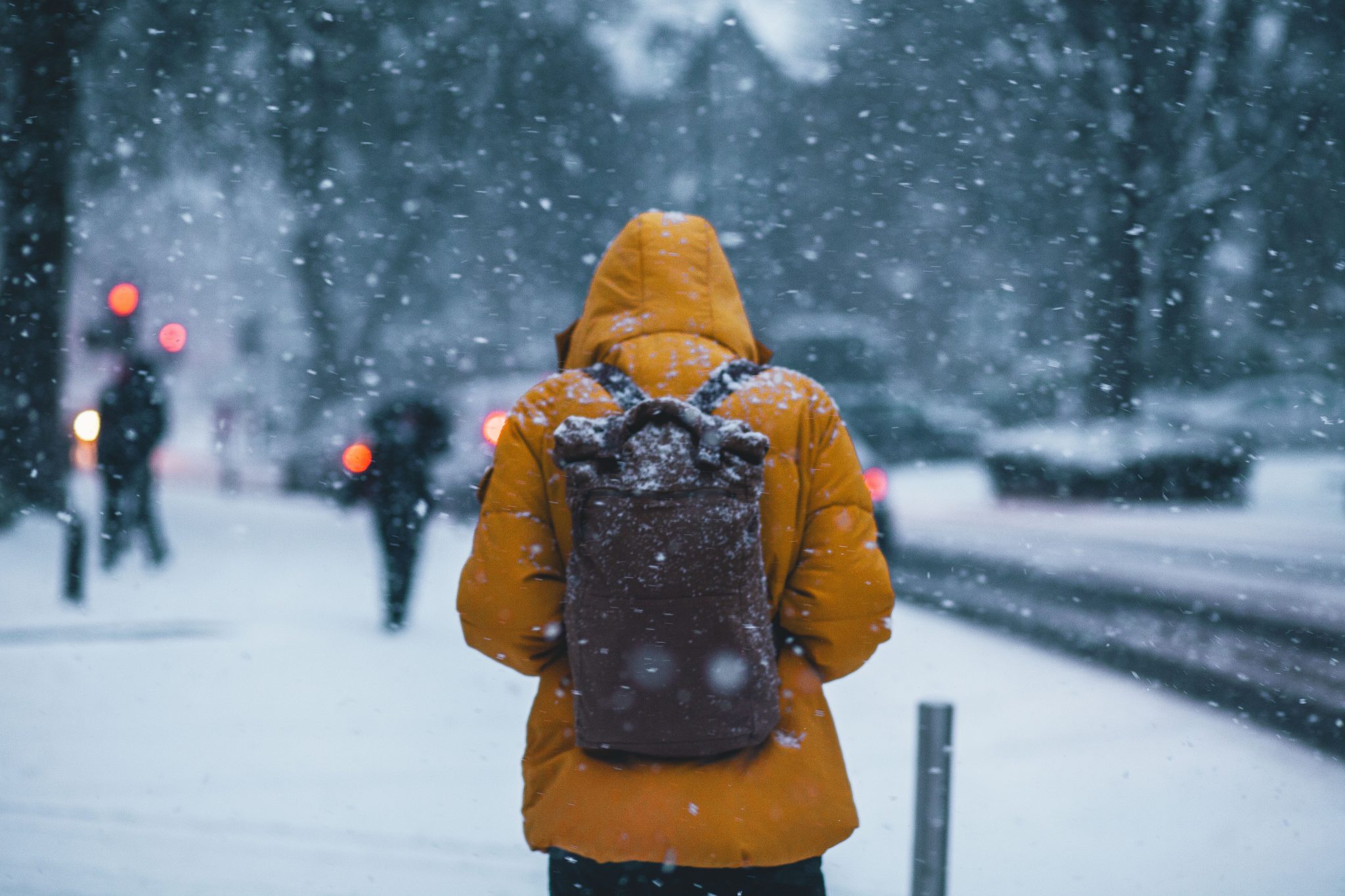Seasonal Depression Coupled With the Pandemic Could Make For a Long Winter
As the winter months roll around, many people feel the powerful effects of seasonal depression. This year, those effects may be even worse due to the additional stressors surrounding the pandemic.

As the winter months roll around, many people feel the powerful effects of seasonal depression. This year, those effects may be even worse due to the additional stressors surrounding the pandemic.
According to the Mayo Clinic, seasonal affective disorder, or SAD, is a type of depression that is directly related to the changes in the seasons. In most cases, the symptoms usually begin in the fall and end towards spring, but some people may even experience the same effects in the spring or summer months.
“I think this winter is potentially going to be particularly tough for a lot of folks because we’ve been isolating to a large degree already, even before the winter months due to the COVID pandemic.” — Dr. Inger Burnett-Zeigler, Northwestern University
Dr. Inger Burnett-Zeigler is an associate professor of psychiatry and behavioral sciences at Northwestern University’s Feinberg School of Medicine.
“We’re in different places along the spectrum in terms of how severely different individuals are being impacted by it, but everybody is being impacted in some way or another,” she says.
Burnett-Zeigler says as the COVID-19 pandemic continues to impact every aspect of daily life, it will only enhance the need for people to take special care of their mental health. With social distancing and cold weather mixed, it may be more difficult to break free of the seasonal woes.
“I think this winter is potentially going to be particularly tough for a lot of folks because we’ve been isolating to a large degree already, even before the winter months due to the COVID pandemic,” says Burnett-Zeigler. “So a lot of folks have already (had) fewer opportunities to be outside with friends and loved ones and the winter months this year, are only going to be exacerbated by the COVID-19 pandemic.”
She notes that the pandemic has resulted in additional stressors related to employment, finances, working from home, and managing childcare.
Burnett-Ziegler says this is a time where people can truly take a look at themselves and understand how they can cope and improve their outlook during the winter months. Some of her suggestions for what people can do to improve their mood include using a sunlamp, getting outside in the sunlight and talking to loved ones whenever the opportunity arises.
She also says simply giving yourself a break during this time can make a world of difference.
“I think it’s important to keep your routine… Maintaining a normal sleep-wake time, putting some boundaries around your workday, as it’s easy for work to slip into the evenings slip into the weekend. Including exercise and a healthy food intake (in your) routine. And additionally, intentionally implanting some opportunities for joy and connection.”
Trusted, accurate, up-to-date
WDET is here to keep you informed on essential information, news and resources related to COVID-19.
This is a stressful, insecure time for many. So it’s more important than ever for you, our listeners and readers, who are able to donate to keep supporting WDET’s mission. Please make a gift today.

